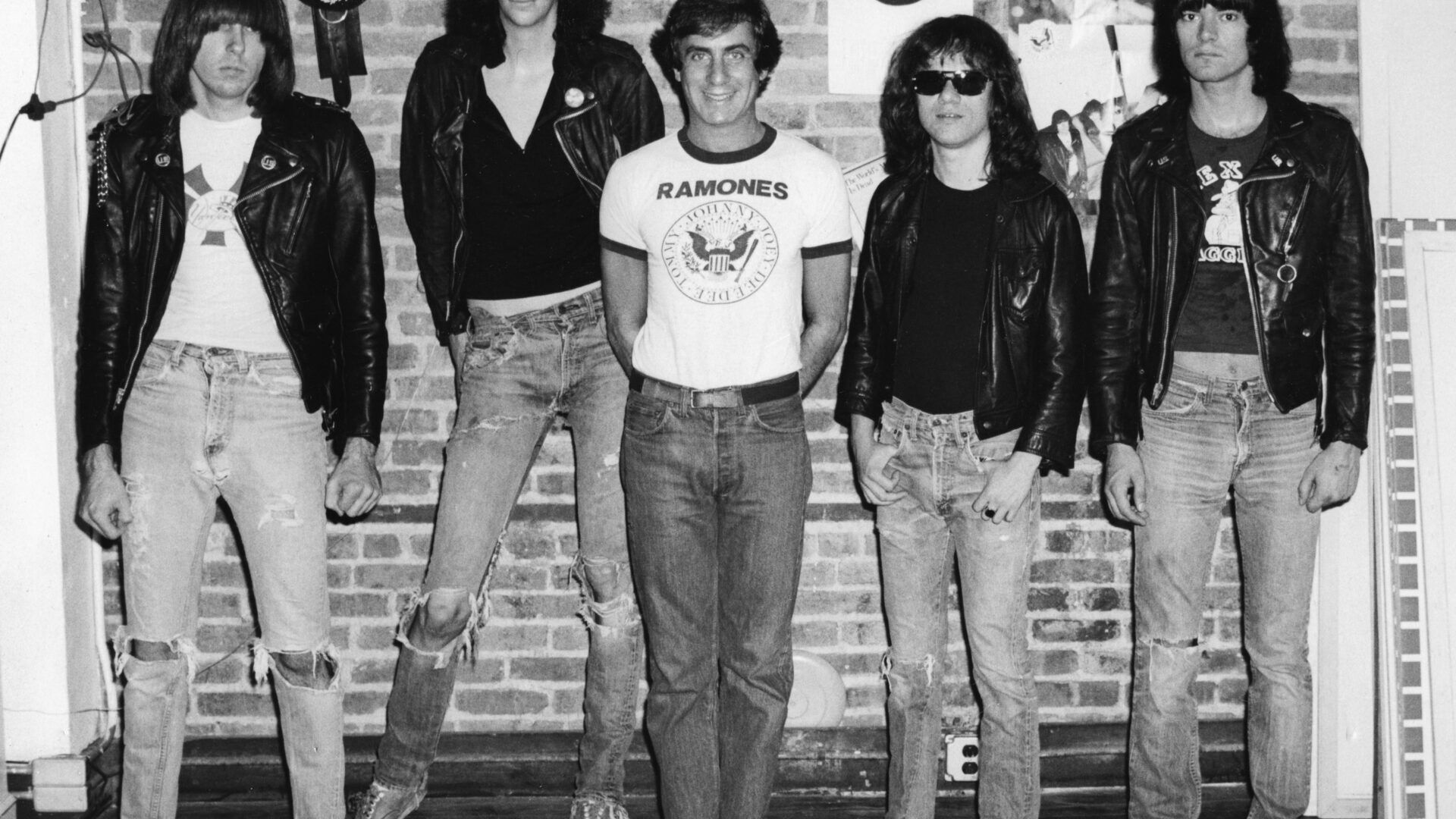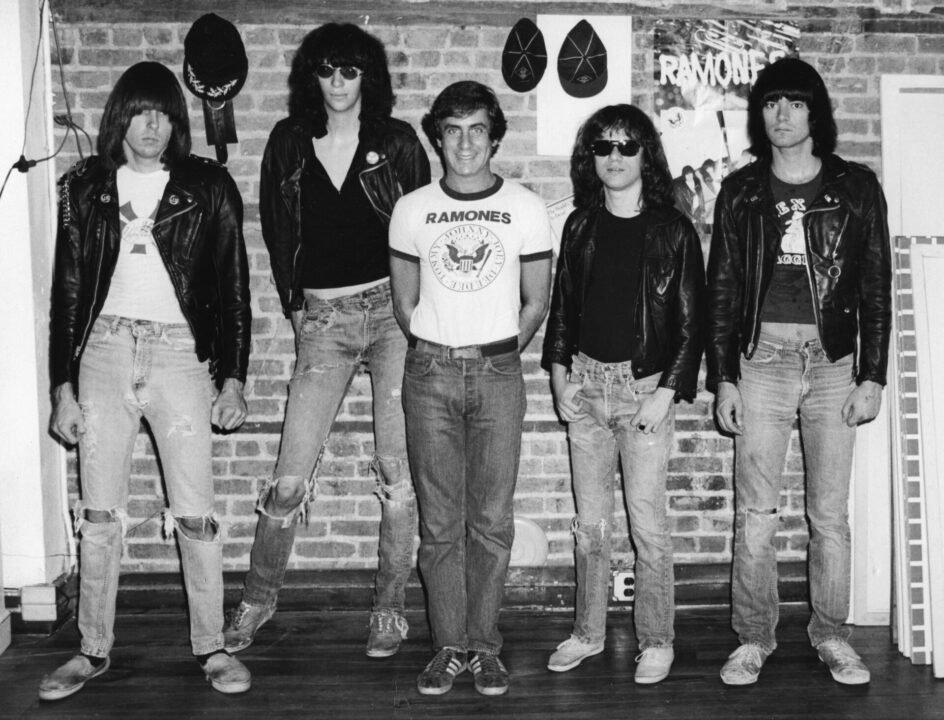In 1980, The Ramones released their fifth studio album, End of the Century, which included the love ballad Danny Says, a departure from their typical sweaty rock and roll hits. Danny Says went on to become one of the band’s more well-known songs and was covered by artists such as the Foo Fighters and Tom Waits. The titular “Danny” in the song, and in director Brendan Toller’s documentary of the same name, is Danny Fields– the charismatically flamboyant manager of the Ramones, the self-appointed press agent of The Doors, and an all-around legend in the 1960’s music scene.
“Danny Says” follows the career highs and lows of a self-proclaimed homosexual Jewish boy from Queens, NY, who dropped out of Harvard at 19, while pursuing a law degree. Danny had always gone against the grain as a young boy, after catching an impromptu performance of Nina Simone, he fell in love with the energy of live music. From there, he found himself rubbing shoulders with Andy Warhol and Edie Sedwick at the Silver Factory, to feeding drugs to Jim Morrison and signing The Stooges and MC5. Danny’s live fast, play hard attitude makes for an incredible story which is made even more powerful with the abundance of archival footage.
Since some of the stories Danny tells don’t have an actual video component, director Brendan Toller uses mixed media in the form of cartoons to better explain the narrative. This works so well on two levels; one, the cartoons are stylistically engaging and beautiful works of art even as stand-alone pieces. The second is the fact that these stories are so radically wild, the simpleness of the cartoon lets the audience focus on the story rather than get distracted by the visuals on screen. One story, in particular, is extremely effective with this directorial storytelling. Danny admits that while working at a magazine during the early part of his career, he was the one who put John Lennon’s infamous comment about “The Beatles being more popular than Jesus” on the front cover, effectively responsible for the chaos that ensued which included album burning, Ku Klux Klan demonstrations, and radio boycotts all aimed at the most popular band of the times.
For as many interesting stories as Danny and the film tell, it can get a bit frustrating to battle the spotty audio quality. There are times when we are straining to hear past the interviewee’s echo, and that can test the attention span. However, one should definitely look past those brief moments for maximum enjoyment. The film is very conversational in nature, similar to the 2013 documentary “Supermensch: The Legend of Shep Gordon,” giving the audience the opportunity to see Danny Fields in his true form, up close and personal.
Fans of the short-lived HBO series “Vinyl” will definitely enjoy seeing this real life Richie Finestra retell his stories of drug-infested parties and late night shenanigans with the biggest stars in rock and roll. In the beginning, Fields was just another Silver Factory party boy who thought he had made it big when Nico crashed his house party. To hear and see his evolution to one of the most influential names in rock and roll history is not only an entertaining watch, it is an essential one.
“Danny Says” is not rated. 104 minutes. Opening at Sundance Sunset Cinemas and VOD this Friday, September 30th.
Morgan Rojas
Certified fresh. For disclosure purposes, Morgan currently runs PR at PRETTYBIRD and Ventureland.


